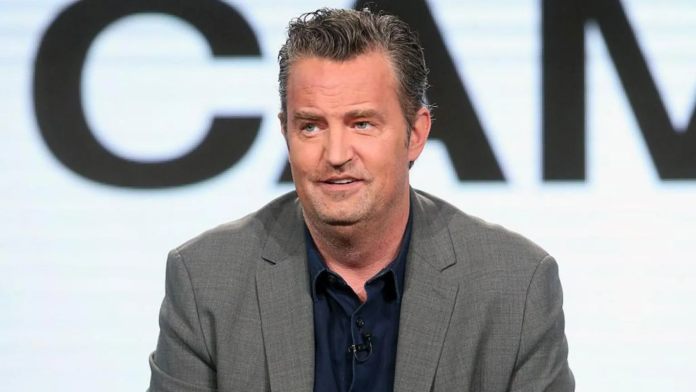Matthew Perry, beloved actor from the hit TV show “Friends”, tragically passed away after a fatal dose of ketamine.
Court documents revealed that on the day of his death, he received multiple injections of the drug, ultimately leading to his demise.
This shocking revelation shed light on Perry’s long-standing struggle with drug addiction, which dated back to his time as Chandler Bing on the popular sitcom.
The investigation into Perry’s death exposed a network of underground drug suppliers in Los Angeles who distributed large quantities of ketamine.
Perry’s descent into addiction was marked by a transition from legitimate ketamine treatments for depression and anxiety to illicit sources and street dealers.
Despite his history of addiction, Perry had claimed to be sober in the months leading up to his death. However, he began receiving ketamine infusion therapy, a treatment that experts believe quickly led to his addiction.
Five individuals were arrested in connection with Perry’s death, including his personal assistant, a physician who supplied him with ketamine, and a street dealer known as the “Ketamine Queen”.
The group faces multiple charges related to the distribution of ketamine that resulted in Perry’s untimely passing.
The case also highlighted the concerning relationship between celebrities and medicine, with some doctors bending ethical boundaries to cater to their high-profile clientele.
Celebrities often have access to prescription drugs like ketamine, leading to a rise in addiction and overdose cases.
The wider implications of Perry’s death point to a potential prescription epidemic, with online clinics exploiting loopholes to market off-label ketamine prescriptions.
While ketamine has shown promise in treating certain conditions, its misuse and overprescription pose serious risks to individuals, as seen in Perry’s tragic case.
The DEA and regulatory agencies are now cracking down on doctors who overprescribe ketamine, drawing parallels to the early stages of the opioid epidemic in the US.

